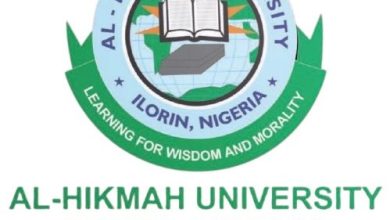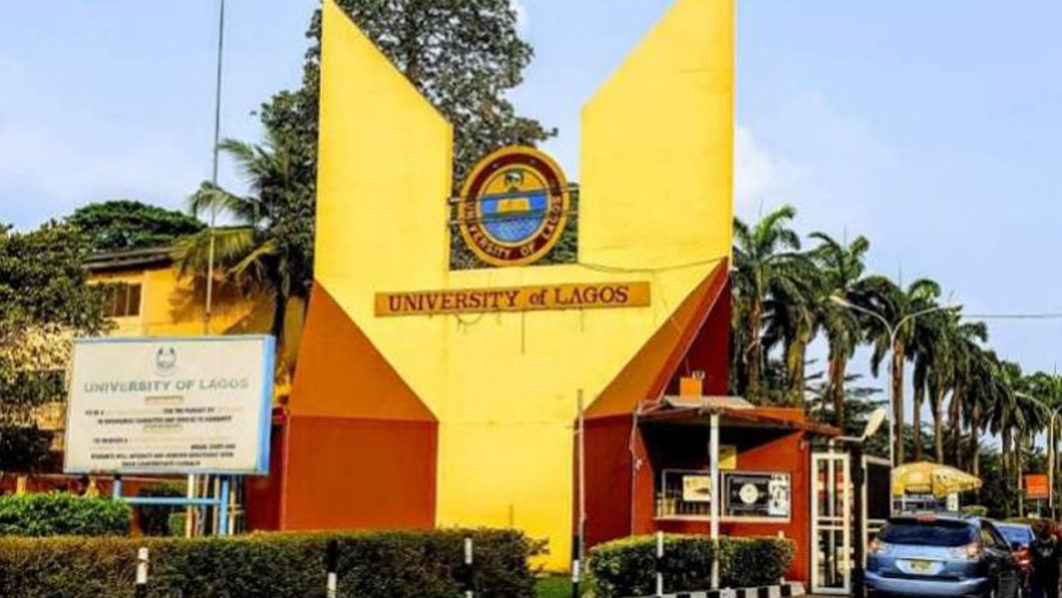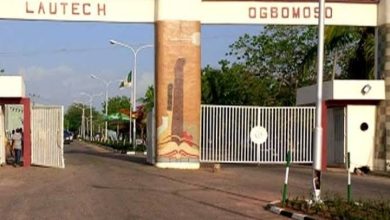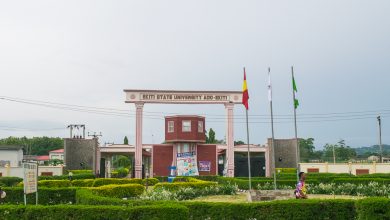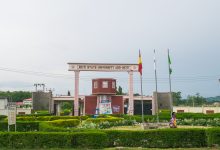UNILORIN, UI, 16 Other Universities to Receive N110 Billion for Medical Education

The Federal Government of Nigeria, through the Tertiary Education Trust Fund (TETFund), has unveiled a significant investment of N110 billion aimed at upgrading medical education across 18 universities in the country. This ambitious initiative focuses on enhancing the study of medicine, pharmacy, dentistry, and nursing, while improving the infrastructure and capacity of these institutions to meet international standards.
The N110 billion funding will be shared among 18 universities, with each institution receiving approximately N4 billion. This amount will be directed towards rehabilitating and upgrading medical school facilities, with a portion earmarked for the construction of hostels to accommodate the increasing number of students. A total of N750 million will be allocated for hostel construction alone, ensuring better living conditions for students pursuing healthcare-related courses.
The universities benefiting from this intervention are spread across Nigeria and represent a diverse cross-section of the country’s higher education institutions. The selected universities include:
Nnamdi Azikiwe University, Awka, Bayelsa State University,bUniversity of Lagos (UNILAG), Ahmadu Bello University, Zaria, University of Benin (UNIBEN), Imo State University, Owerri, University of Medical Sciences, Ondo, University of Ibadan (UI), Benue State University, Makurdi, Umar Musa Yar’Adua University, Katsina, University of Nigeria, Nsukka (UNN), University of Calabar, Abubakar Tafawa Balewa University, Bauchi, University of Jos, University of Ilorin (UNILORIN), University of Maiduguri, Uthman Danfodio University, Sokoto, Gombe State University
Each of these universities plays a crucial role in the training and development of healthcare professionals in Nigeria. With this new funding, the government aims to address the infrastructure deficit in medical education and enhance the learning experience for students, ensuring they are better equipped to serve the healthcare needs of the country.
Dr. Tunji Alausa, Nigeria’s Minister of Education, made the announcement during the inauguration of the ministerial committee for the TETFund High Impact Intervention Project for Medical Schools Rehabilitation. He emphasized that this project is a vital part of the government’s long-term strategy to strengthen medical education and improve the quality of healthcare delivery in Nigeria. Over the next five years, the government plans to invest a total of N1.5 trillion in medical education, marking a historic commitment to the future of Nigeria’s healthcare sector.
The TETFund High Impact Intervention Project will also see the establishment of eight simulation labs across the six geopolitical zones of Nigeria. These labs will provide students with hands-on experience using cutting-edge medical technologies, which will help them acquire the practical skills necessary to excel in their professions. This is part of a broader initiative to improve the capacity of Nigerian medical schools and produce more skilled professionals in fields such as medicine, nursing, pharmacy, and dentistry.
Prof. Suwaiba Ahmad, the Minister of State for Education, stressed that this investment would not only boost the quality of education but also help reduce the trend of Nigerian students seeking medical education abroad. She expressed confidence that the project would contribute significantly to the development of the country’s medical sector, ensuring that Nigeria produces enough qualified doctors, nurses, pharmacists, and other healthcare professionals to meet the country’s growing healthcare demands.
The executive secretary of TETFund, Sonny Echono, further highlighted that the funds would be used to rehabilitate key infrastructure, including lecture theatres and laboratories, across the medical faculties in the selected universities. The initiative aims to increase the intake of students into these institutions, ensuring that more healthcare professionals are trained domestically, thus addressing the existing gap in the country’s healthcare system.
A 12-member committee, led by Prof. Suleiman Alabi, chairman of the Association of Provosts of Colleges of Medicine, has been formed to oversee the execution of the project. This committee will be responsible for monitoring the allocation and use of funds, ensuring adherence to project goals, and involving relevant stakeholders such as medical school administrators, faculty, students, and healthcare bodies in the process.




